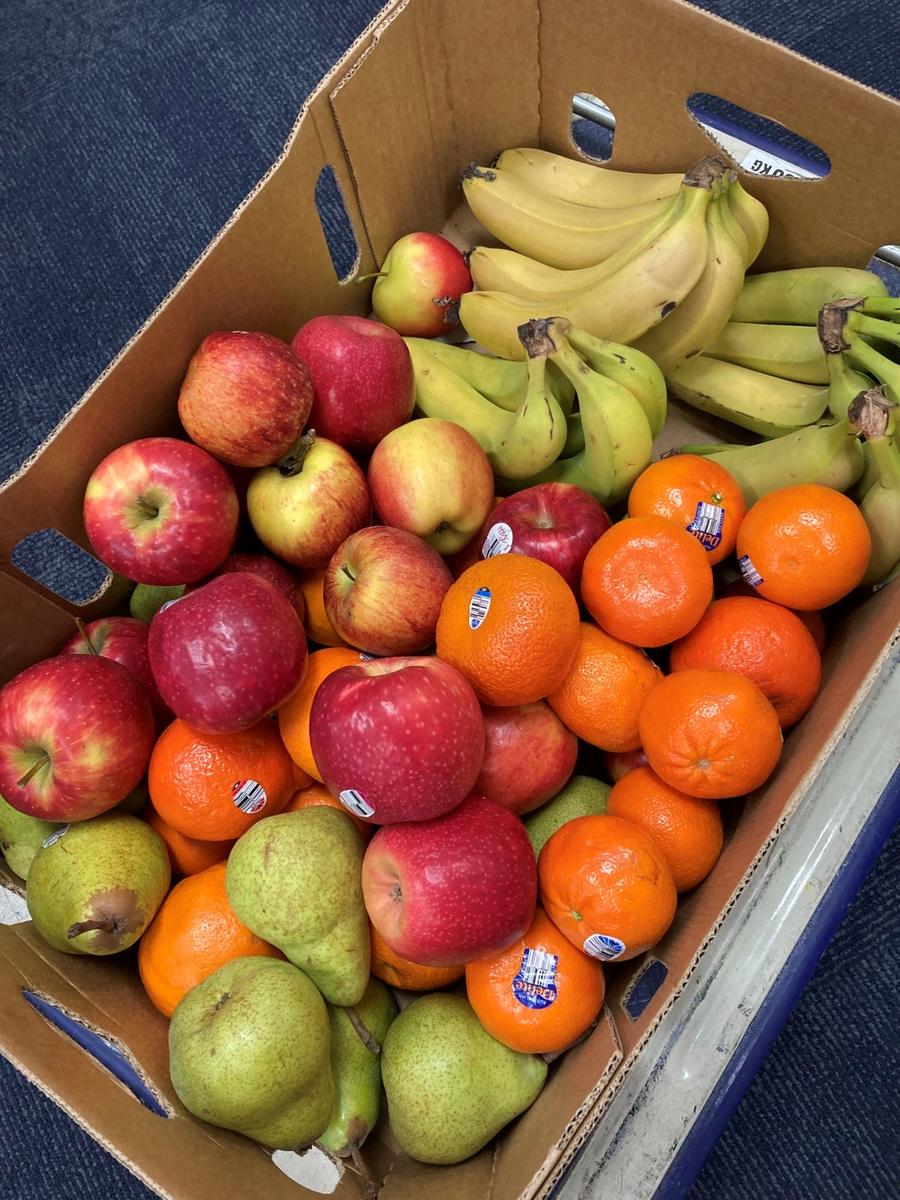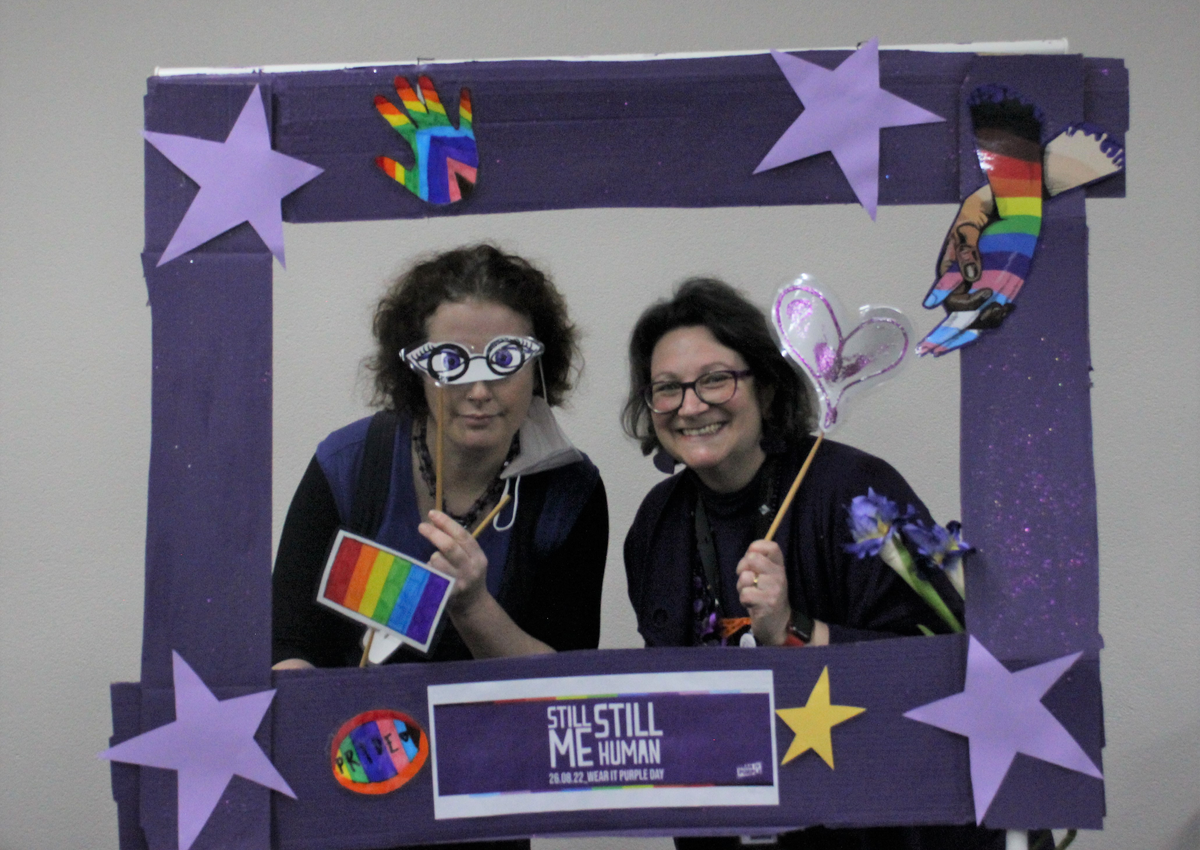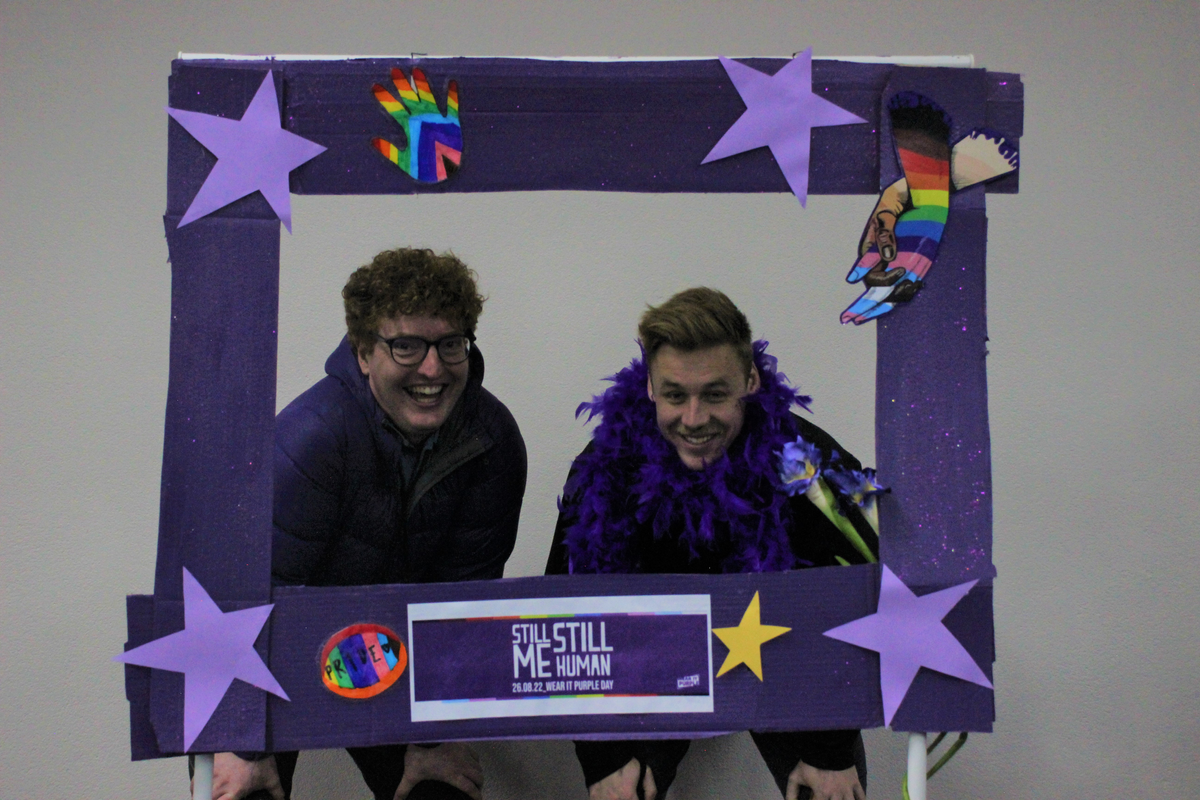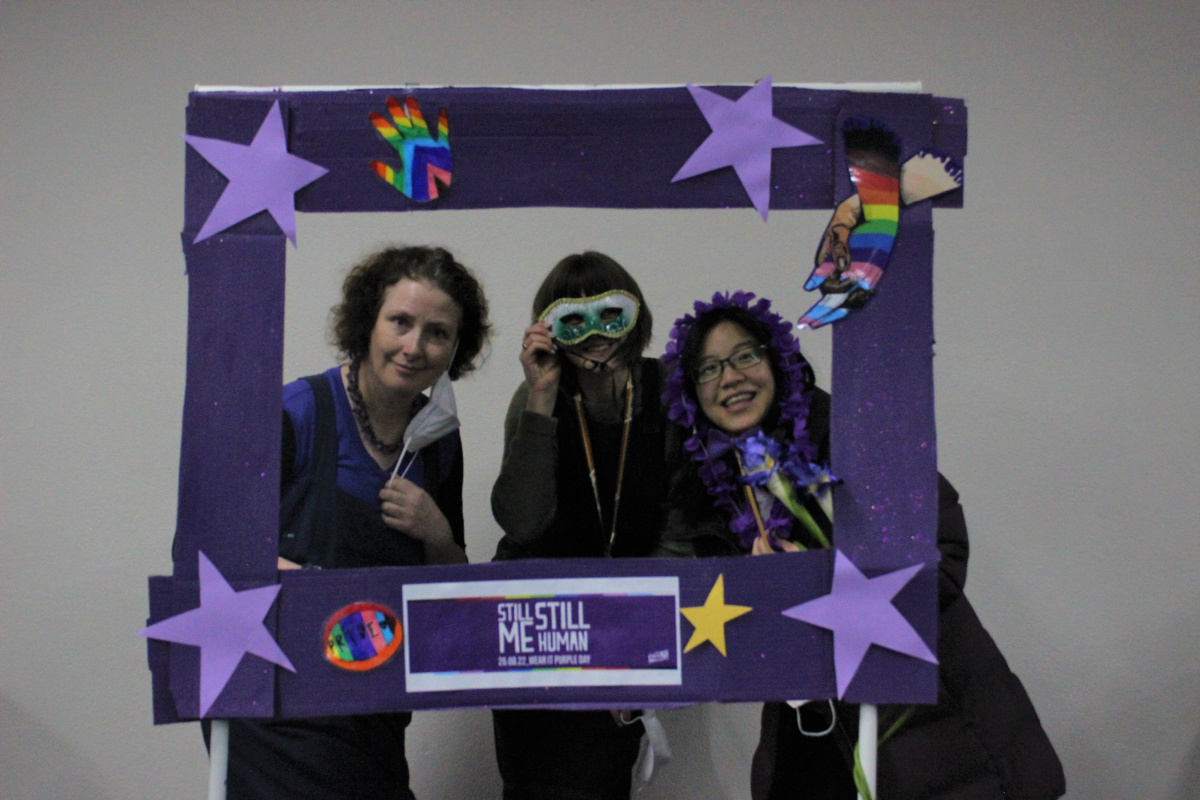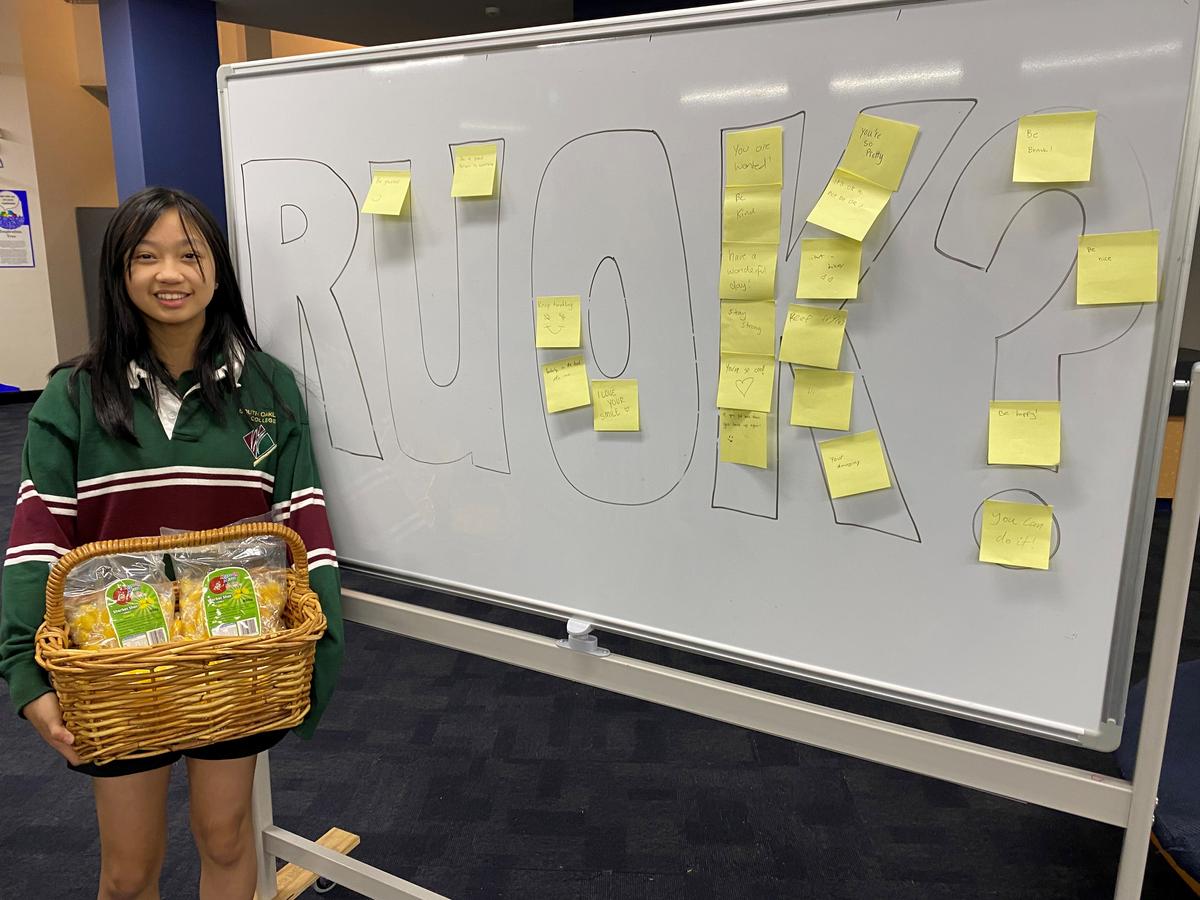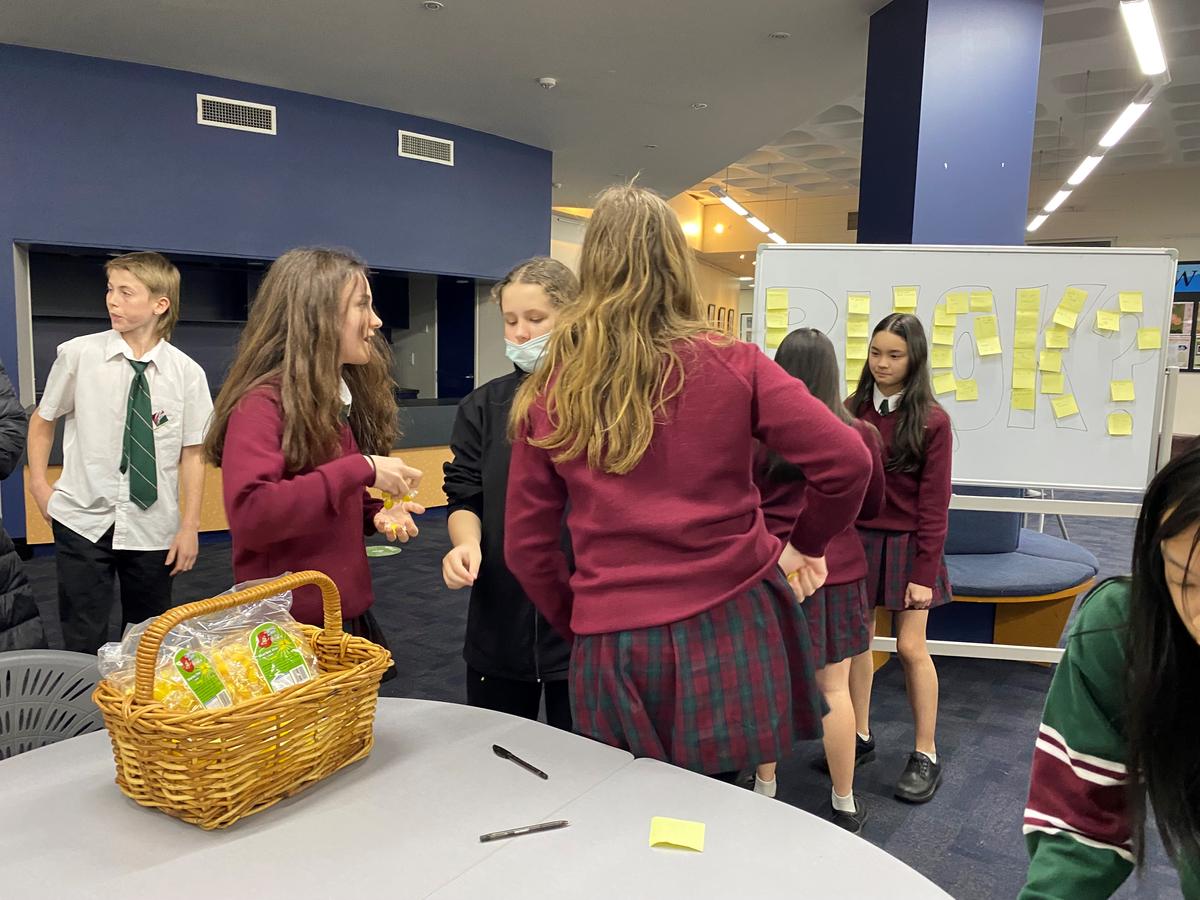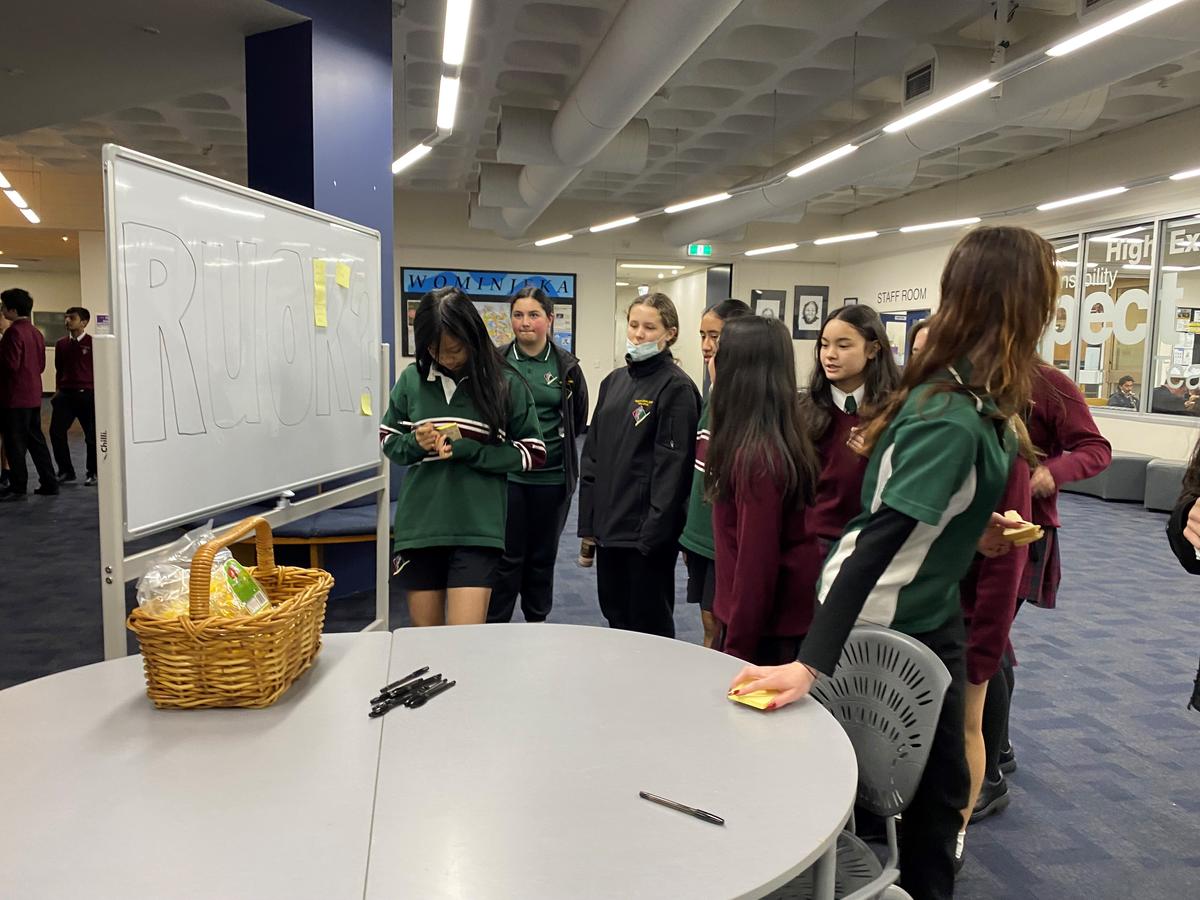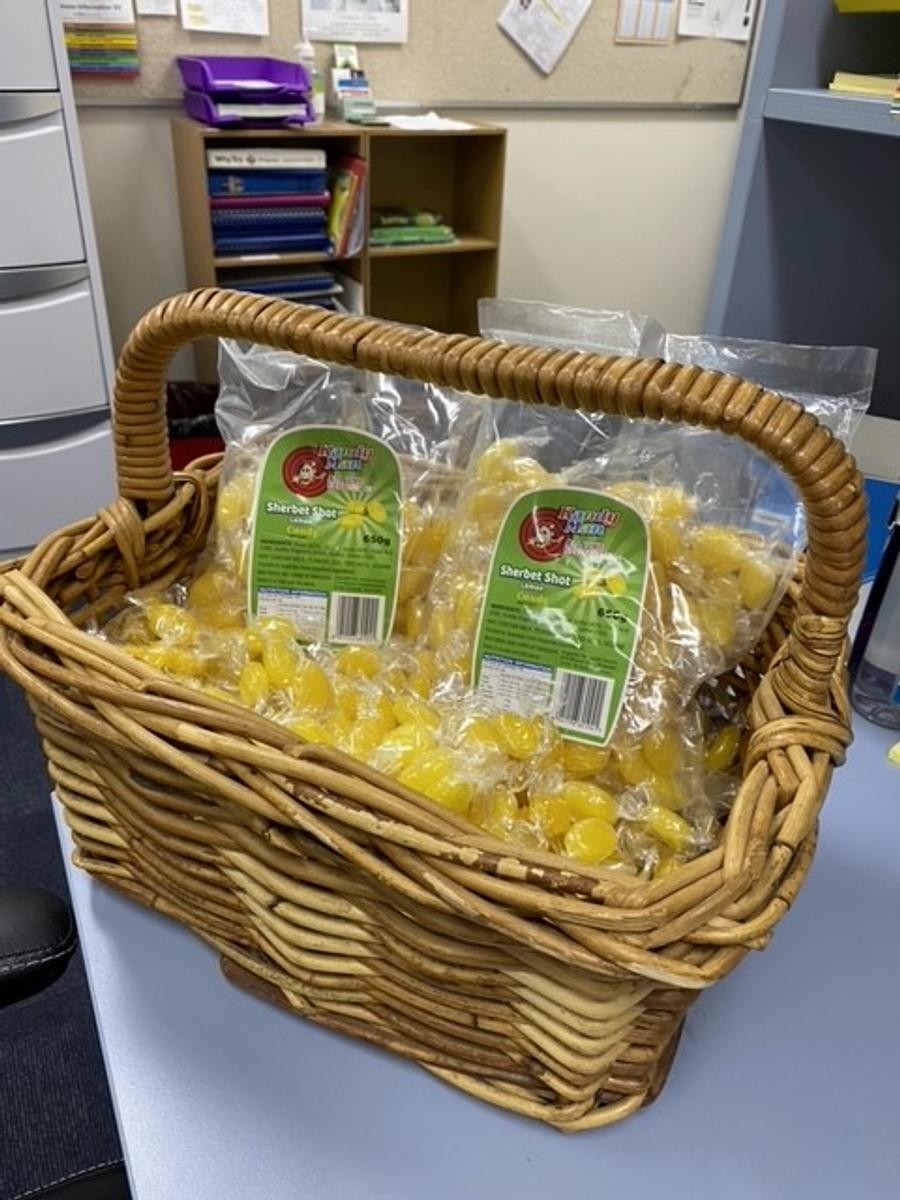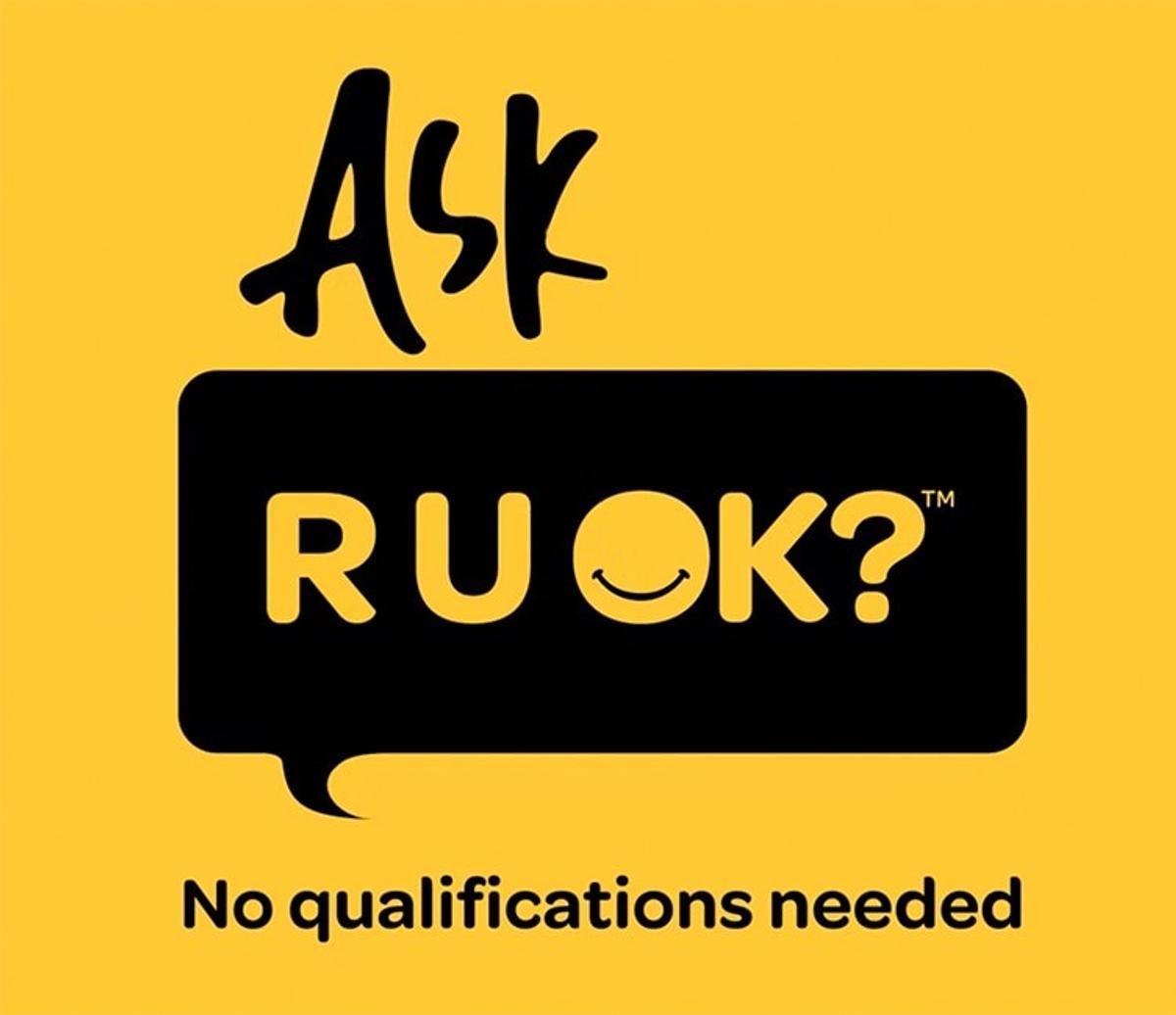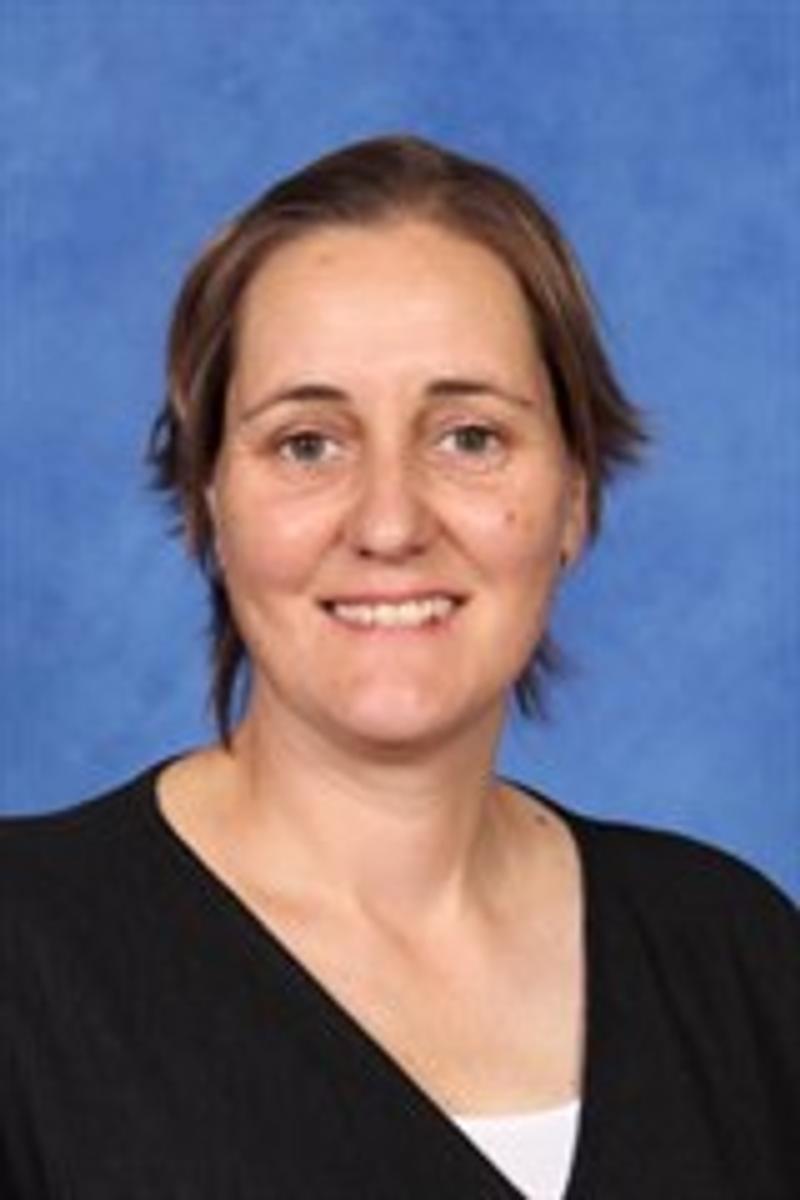Wellbeing
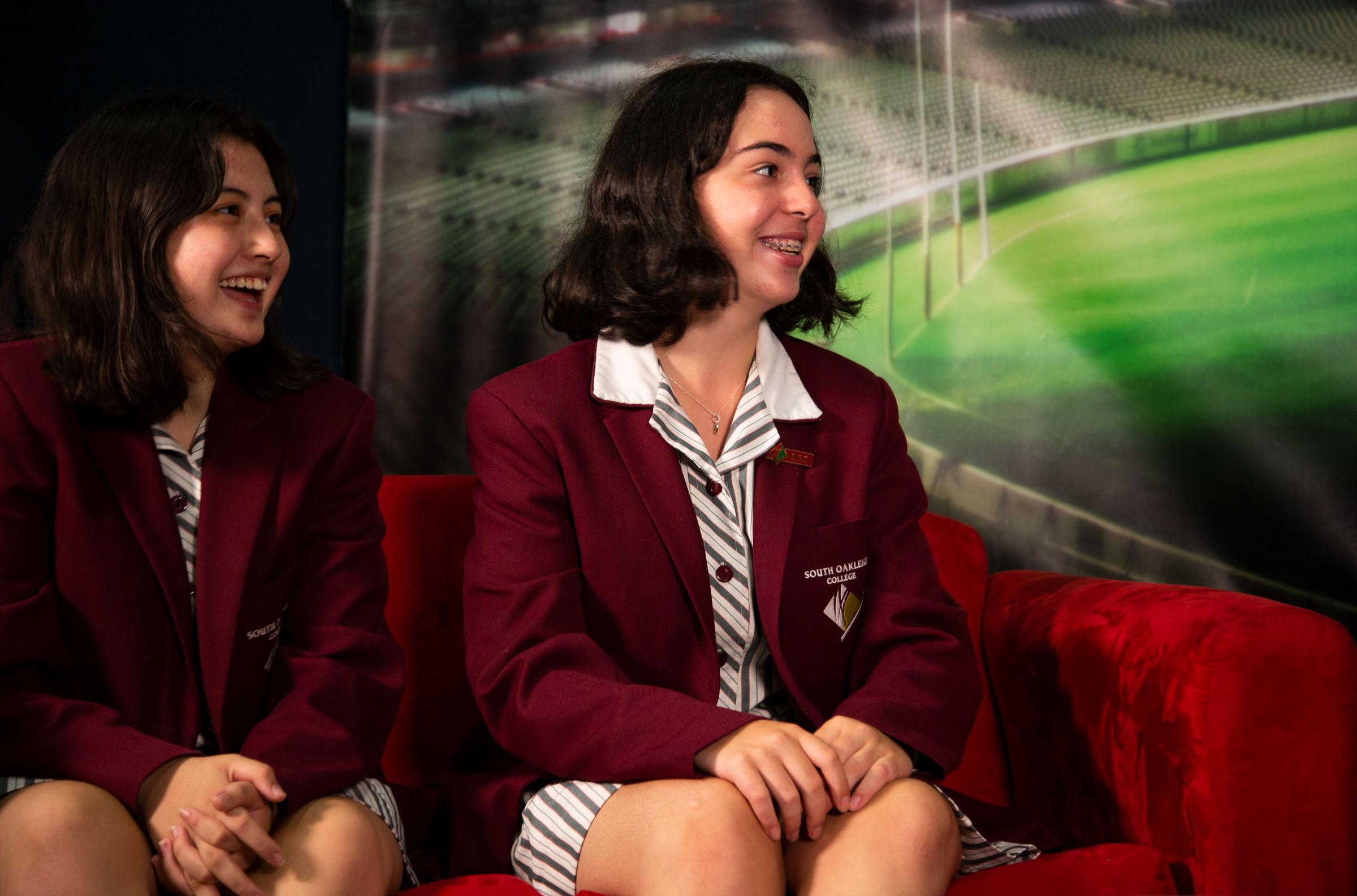
Digital Thumbprint: Cyber Security & Cyberbullying
The two main segments in the digital thumbprint incursion were, ‘your digital footprint’ and ‘strong passwords.’
We were taught what could happen if you shared personal details online publicly, for example your location, your age and year level, or even what sports club you play for. Also, that whatever you do online now could affect you in the near future, and that what you say, or search is never actually gone or deleted.
We were taught the importance of having a strong password, and how that helps secure our accounts and information. Then, we learnt what makes a password strong and how to create one for yourself.
I found this incursion very fascinating and interesting to listen to. I thought it was sort of ironic in a sense that people have so much free time on their hands, as to zoom into a picture of a 14-year-old to see the logo on their shirt, indicating what school they go to.
Overall, I thought the incursion was very intriguing, and I very much enjoyed it.
Ella Nguyen
Year 7 Student
The cyberbullying program was really enjoyable and fun. Dom from Optus Digital Thumbprint made it very interesting, and the way he taught the lesson was fun. I think that informing kids on how to recognise and report cyberbullying is a very important topic, and all the schools should host this program.
Vinna Korng
Year 8 Student
The digital thumbprint incursion was a great educational experience. The organizer, Dom was excellent and encouraged everyone to take part in the discussion. He used real-life examples to prepare us for any online dangers. He was also able to explain how certain instances may seem harmless but can affect another person greatly. We now also know to question our actions online so that we ensure no one else is getting hurt while we also keep ourselves safe. He also got everyone up and active with activities so that we could speak our own minds. We should be grateful for this event as we may use the information we gained in the future.
Yohan Soju
Year 8 Student.
Supporting young people to be safe, responsible and positive online is a key challenge for educators and parents alike. There is a range of free resources for parents and care-givers that support you to have effective conversations around what young people should and shouldn’t share online, cyberbullying, and how digital technology can support effective study practices.
For more information on the Digital Thumbprint program please visit https://www.digitalthumbprint.com.au/parent-resources/
eSafety Commissioner also has excellent resources for parents and carers to help children have safe experiences online: https://www.esafety.gov.au/parents
Penny Hsiao
Health Promotion Nurse
Woolworths Fruit Box Donation
A big THANK YOU to our local Woolworths Oakleigh South for donating SOC a fruit box weekly since the start of this term. The fruit boxes offer a nutritious option for the students in need. Thank you!
SOC Wellbeing Team
Wear it Purple Day
Wear it Purple Day is a national event held annually on the last Friday in August.
The day aims to foster supportive, safe, empowering and inclusive environments for lesbian, gay, bisexual, trans and gender diverse, intersex, queer and questioning (LGBTIQ+) young people.
Wear it Purple was established in 2010 to show all young LGBTIQ+ people that there is hope, there are people who support and accept them, and they can be proud of who they are. This year’s theme is ‘Still Me, Still Human’.
The Alphabet Soup celebrated Wear It Purple Day with the photo booth activity during lunchtime and also invited staff to wear something purple on the day.
Like any other awareness or cultural celebration days, the underpinning message that we want to share with our students is the understanding that people are different and unique and we have to understand and accept—people have to feel safe and respected at all times.
Wear it Purple Day is supported by the Department of Education (DET). According to the DET LGBTIQ Student Support policy schools must take reasonable steps to eliminate discrimination on the basis of sex, gender and sexuality. The Department requires schools to support LGBTIQ students by:
- providing a positive, supportive and respectful environment
- respecting privacy and confidentiality in relation to all students
- supporting students who want to affirm or transition gender identity at school
- challenging all forms of homophobia and transphobia to prevent discrimination and bullying
- giving proper consideration to the impact of any requirement to participate in school activities according to gender identity or an assumption of heterosexuality (for example, school formals, sports activities, camps)
- inviting the young person and a family representative/carer to be part of the formulation of a school management plan (in cases where the student is a mature minor, refer to Mature Minors and Decision Making)
For more information, please refer to https://www2.education.vic.gov.au/pal/lgbtiq-student-support/policy
Penny Hsiao
Health Promotion Nurse
R U OK? Day
On Thursday the 8th September South Oakleigh College celebrated R U OK? Day. We did this through sessions in Mentor Group and also with a fun activity at lunchtime where students stuck post-it notes onto a board to spell out “R U OK?” in exchange for a lemon sherbet. Check out the photos to see the great messages of support from our students. Thank you to Adam @Sweet As for generously donating delicious lemon sherbet lollies for our students to enjoy.
R U OK? Day is our national day of action when we remind Australians that every day is the day to ask, ‘are you OK?’ and start a meaningful conversation whenever they spot the signs that someone they care about might be struggling with life. Asking someone if they’re ok and demonstrating effective listening skills can help people feel valued, supported and connected, and also help them cope with stressful times.
R U OK? research has found four in ten Australians feel asking someone, 'are you OK?' is a conversation better had with an expert. However, R U OK? want you to know you don’t need qualifications to have an R U OK? conversation. The work of health professionals is vital, and their value cannot be underestimated however we can all play a role in supporting the people in our world.
You don’t need to be an expert to have an R U OK? conversation. Listening and giving someone your time might be just what they need to help them through. Ask R U OK? No qualifications needed, because a conversation could change a life.
If you feel something is not quite right with someone, chances are that they might need a bit of extra support from the people around them. They might be acting a bit differently, seem to have a lot on their plate, or simply aren’t themselves. Don’t ignore these signs and instead take some time to start a conversation.
When you need to access information to support someone, you can turn to many people and places in your community, including your school community. Encouraging people to seek help early will enable them to manage the situation and potentially stop the problem from getting bigger.
The above information has been sourced from the R U OK? Website. For further information and tips to start conversations please visit http://www.ruok.org.au/
Martine Potter
Mental Health Practitioner and the Student Wellbeing Team





